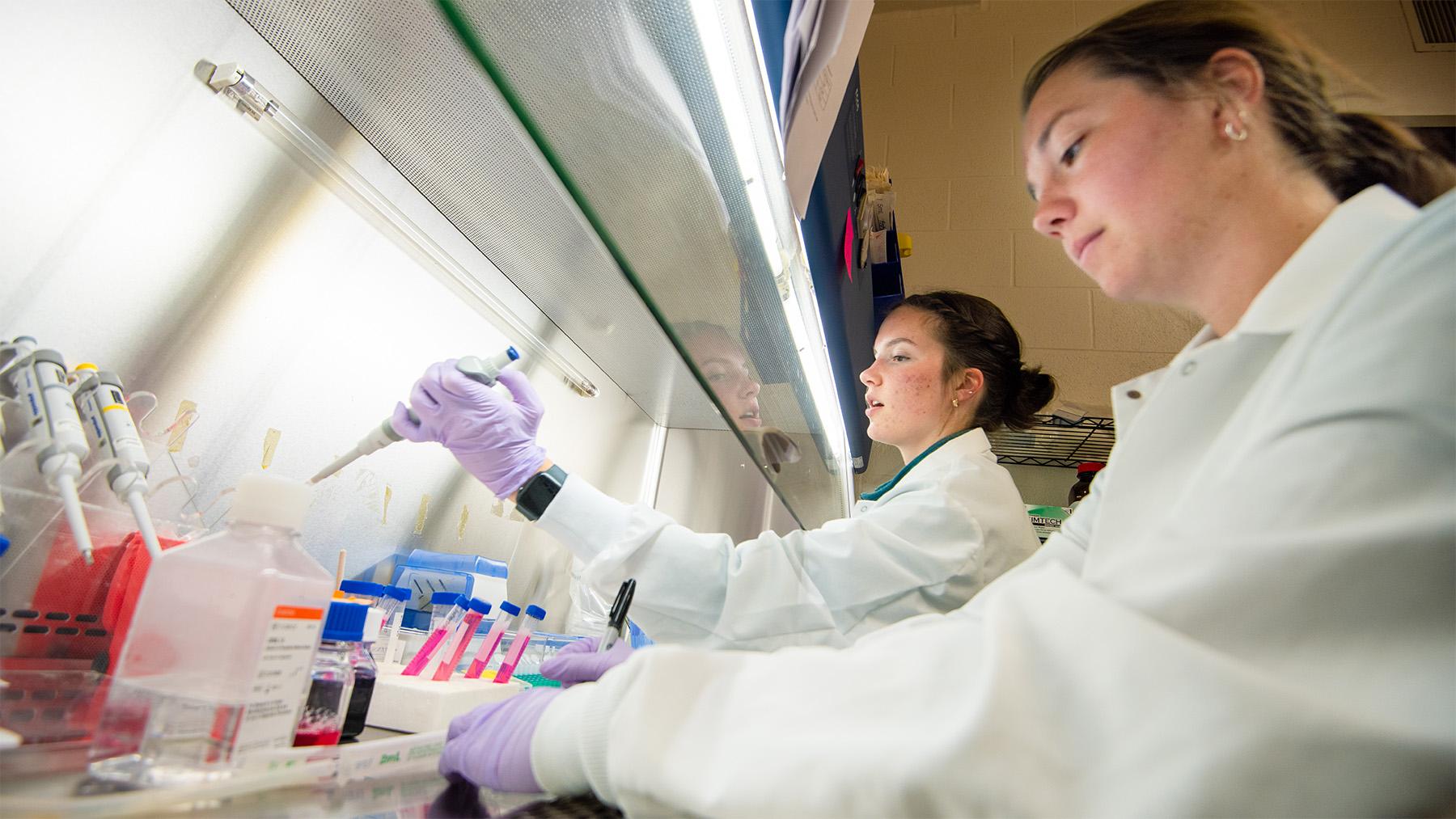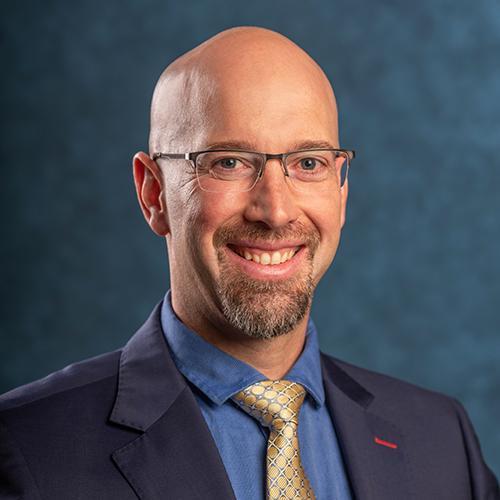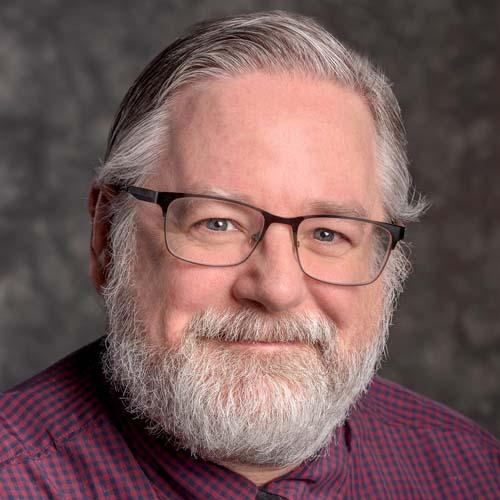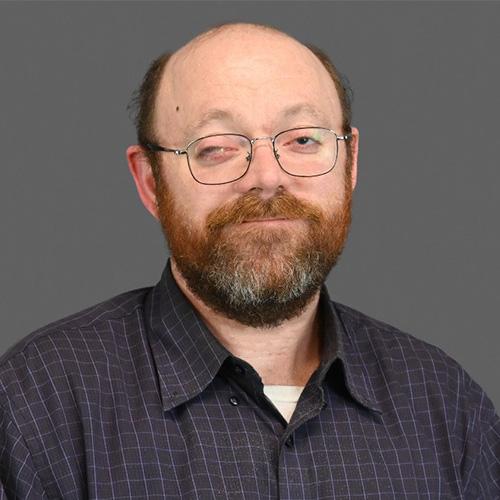Biochemistry

-
Program TypeMajor, Minor
-
Degrees OfferedB.S.
-
SchoolSchool of Arts & Sciences
Solve problems at the interface of biology and chemistry. Use interdisciplinary methods to approach unique and pressing problems.
What You'll Learn
You'll learn about chemical and biochemical sciences in an environment that incorporates classroom teaching, class-associated lab experiences, an introduction to scientific literature, and independent research. You'll develop critical thinking and complex problem-solving skills along with the technical proficiencies required of scientists working in the biochemical and molecular sciences.
- Pursue Truth
Our program is infused with Catholic, Benedictine thought, which means that you'll learn through an integrated approach to faith and reason.
- Prepare for Career Success
Biochemists work in a variety of fields from pharmacology and psychiatry to forensics and biotechnology. If medical or veterinarian school are in your plans, this major can also prepare you well for what to expect!
- Gain Hands-on Experience
In the Summer Undergraduate Research Vocation Experience (SURVE), students conduct original research with a faculty mentor, then interpret their data and present their results.
Program Information
Please visit our catalog for admission requirements and a full list of our courses.
Featured Faculty

David S. Ronderos, PhD
Associate Professor of Biology, Fellow in Catholic Studies
I have been a faculty member in the biology program since 2013. I have taught courses on anatomy & physiology, hematology, cell and molecular biology, HHMI SEA-PHAGES, and I developed our biology capstone course, Evolution and the Integration of Knowledge. I assist in our pre-medicine program, and I'm a Catholic studies fellow and a member of the Society of Catholic Scientists (SCS).
In 2017, I helped launch a unique summer research program called SURVE, which provides paid lab research internship opportunities to students. SURVE has enjoyed funding support from the NIH ND-INBRE program.

James A. Peliska, PhD
Dean of the School of Arts and Sciences, Professor of Biochemistry and Chemistry, Fellow in Catholic Studies
I started my academic career as a professor at the University of Michigan School of Medicine. At Michigan, I developed my ongoing research program in HIV-1 replication, and I was involved in the initiation of their undergraduate Biochemistry program. For the last 20 years, I have been a leader in Catholic higher education as a professor, as a department chair, and in my current role as Dean of the School of Arts and Sciences, overseeing these programs at the University of Mary. I maintain an active student-engaged research program in HIV-1 drug discovery and work with colleagues in the development of modern and relevant courses in the sciences.

Timothy H. Click, PhD
Assistant Professor of Chemistry, Assistant Professor of Biochemistry
I am a computational biochemist by training. I have studied proteins, DNA, and carbohydrates, along with some drug modeling. I have lived in several states and lived in Taiwan for six years. I have taught biochemistry, organic chemistry, and general chemistry to non-majors. I have taught myself Python, which is useful in my field. In my free time, I enjoy reading, programming, listening to podcasts, and spending time with my wife.

